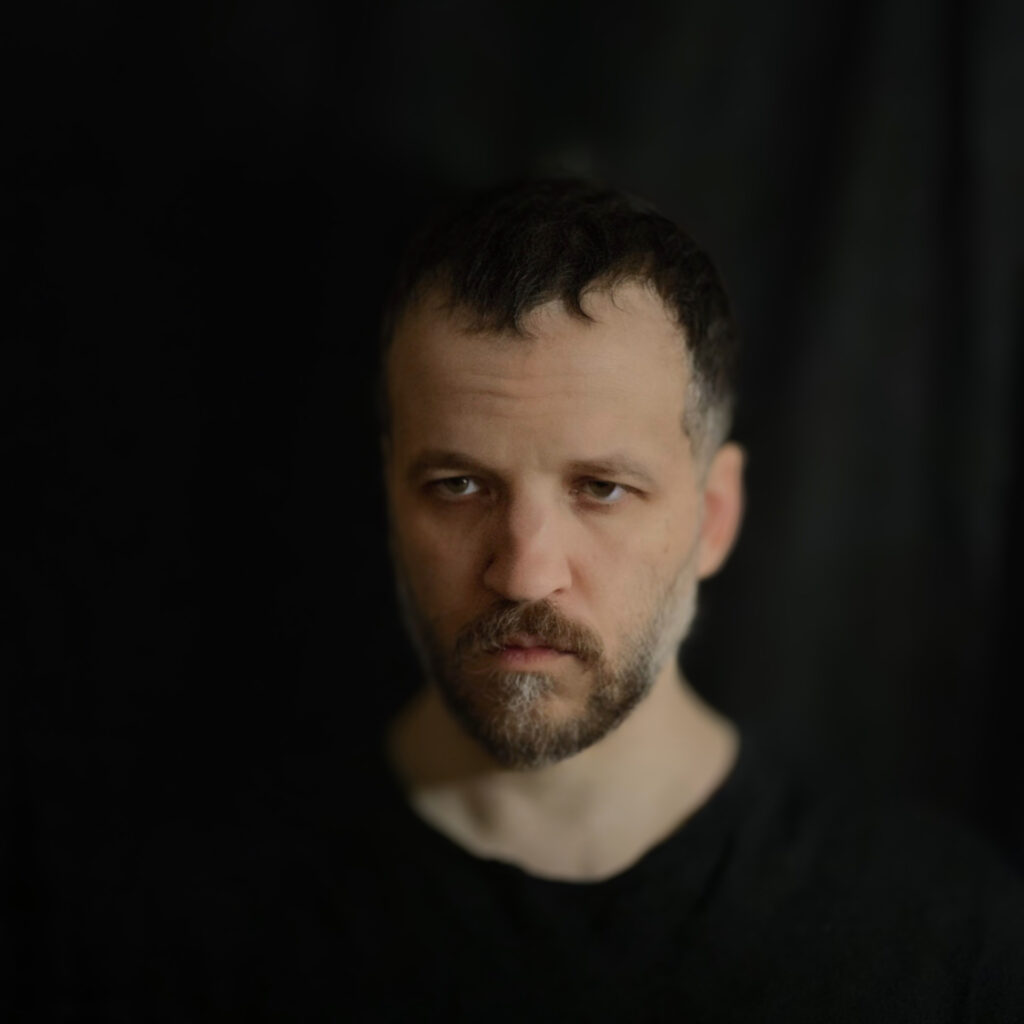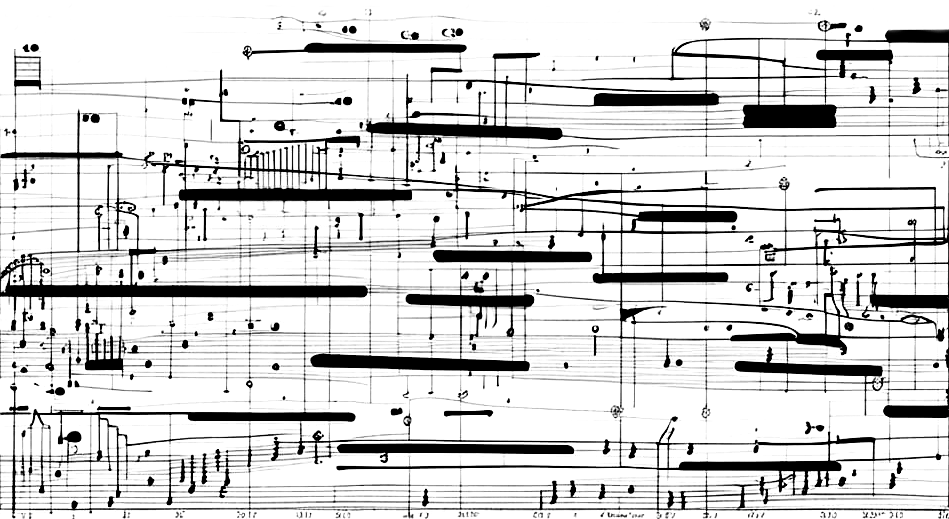
Fredrik Gran is a composer originally from Stockholm, Sweden. He is interested in the musical potential of mechanical processes and in experimenting with new performative strategies. His music and research intersect acoustic and electroacoustic sound ideas, employing mechanic/robotic interactive units, amplified instruments and objects, computer-assisted transcription of his own electroacoustic music and purpose-made electronic models into the notated sphere of acoustic instruments. His work covers orchestral, chamber, vocal, electroacoustic and live electronic music, as well as music for installations, dance, digital and visual art.
Fredrik’s music has been recognized internationally, performed at festivals such as Warsaw Autumn (PL), ISCM World New Music Days (CA), Nordic Music Days (DK,FI,NO), SICMF (KR), ICMC (N-IR), MANCA (FR), Tage Neue Musik (DE), Druskomanija (LT), NoiseGate (US) and concerts for example in Tokyo, Vienna, Matera, Vilnius and Paris.
Fredrik has composed for and worked with, among others, Ballet and Orchestra of the Staatstheater am Gärnerplatz (DE), Arctic Philharmonic Orchestra (NO), International Contemporary Ensemble (US), London City Philharmonics (UK), Malmö Opera Orchestra (SE), Ensemble Platypus (AT), Ensemble Kwartludium (PL), NOW Ensemble (CA), KammarensembleN (SE) and Treitler string quartet (SE).
Fredrik was awarded 1st prize in London Music Society International Composers Competition, 1st prize in Eleanor Stubley Recording Award, 1st prize in Codes d’accès Composer’s Competition, GRAME finalist and with the CIRMMT Research award.
Periodically since 2009, Fredrik have been doing research around robotic playing techniques on the cello, and their compositional implications. His doctoral project introduces the ’robot cellist’, a non-human entity at the intersection of performer and instrument, which consists of two industrial robotic arms playing a cello. Through the composition of the piece “Cello Concerto No. 1” (2019) and the doctoral thesis “Implementation of Robotics in Music Performance”, his research explores the specific and unique playing techniques afforded by this system, underlines the idiomatic potential of the robot cellist and investigates its anthropomorphic characteristics and their scenographic implications. Through Fredrik Gran’s research, the robot cellist has developed a playing style and techniques along with a reflexive compositional perspective.
He studied composition at the Music Academy in Stockholm and at McGill University in Montreal, where his doctoral research is connected to the Center for Interdisciplinary Research in Music Media and Technology.
